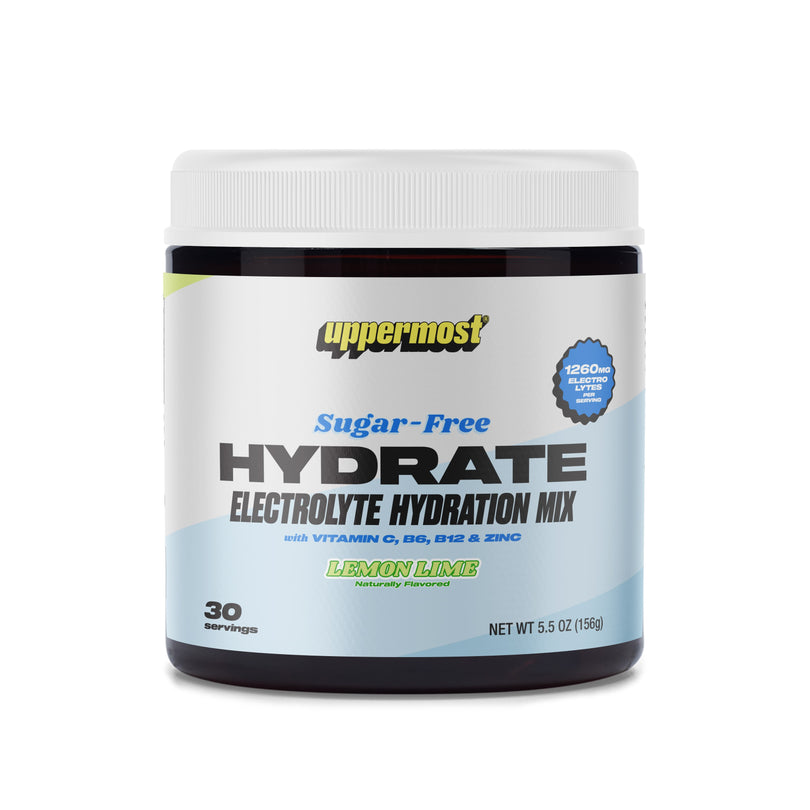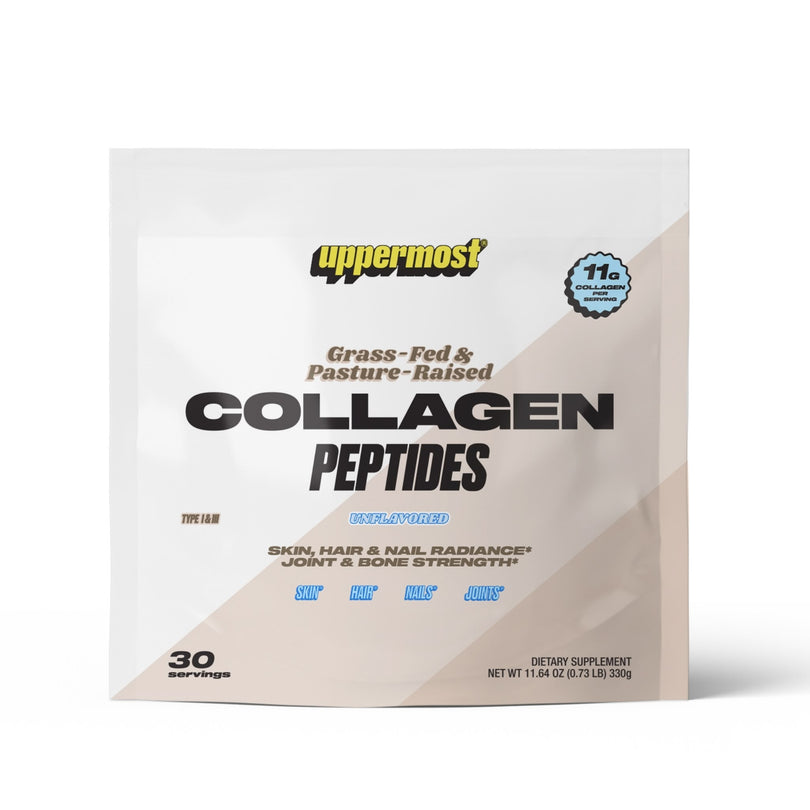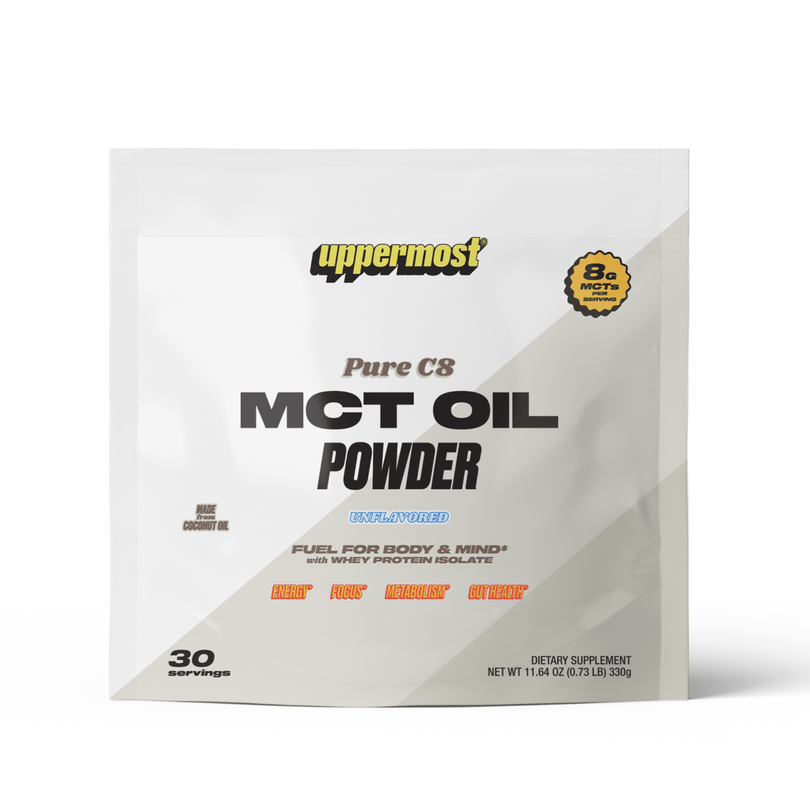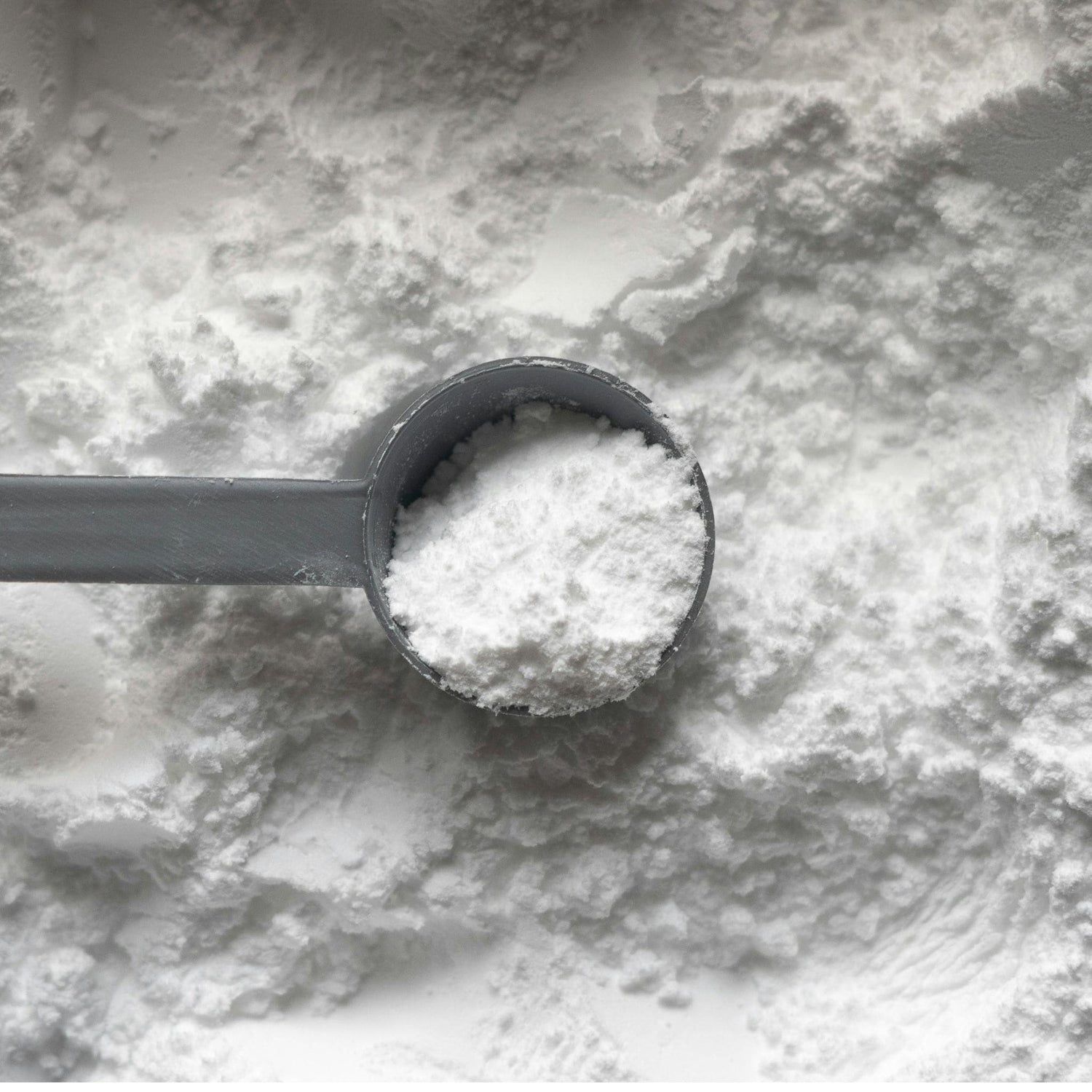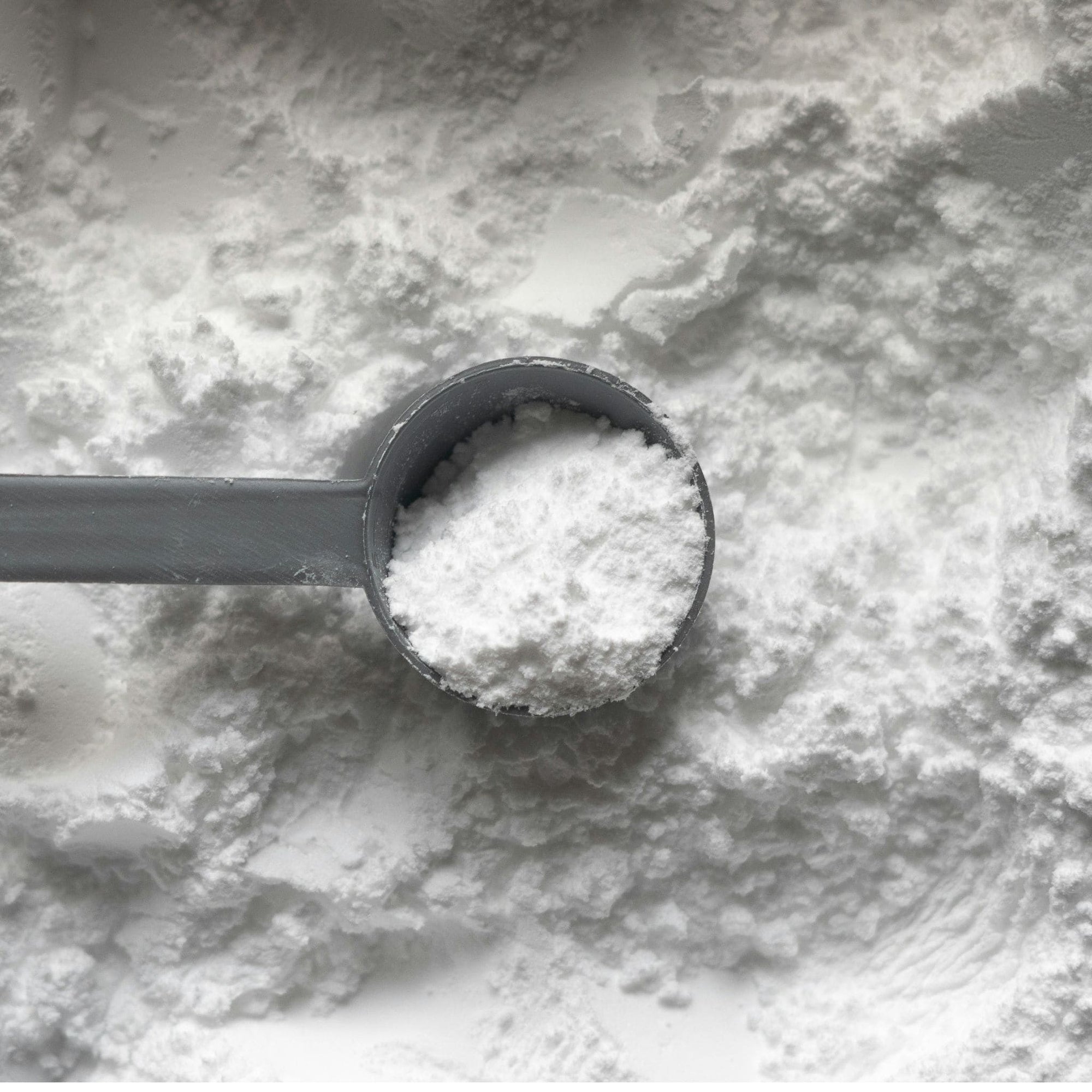Creatine is one of the most researched and popular dietary supplements in the fitness industry, and for good reason. Whether you're an athlete, a bodybuilder, or just someone looking to improve your overall fitness, creatine can play a crucial role in helping you achieve your goals. In this article, we’ll explore the myriad benefits of creatine, backed by scientific evidence, and explain why this powerhouse supplement should be a staple in your fitness regimen.
What Is Creatine?
Creatine is a naturally occurring compound stored primarily in the muscles, where it helps produce adenosine triphosphate (ATP), the body's primary energy source. ATP is critical for every movement, contraction, and cell function. While your body can produce creatine from the amino acids arginine, glycine, and methionine, you can also obtain it through dietary sources, mainly from animal products like red meat and fish. However, even a balanced diet may not provide enough creatine to fully saturate muscle stores, which is where supplementation becomes beneficial, especially for those focused on athletic performance and muscle growth.
By supplementing with creatine, you're directly increasing the amount of creatine phosphate available in the muscles. This allows for faster and more effective ATP production during intense workouts. Let’s break down the key benefits of creatine and how it can enhance your fitness goals.
1. Enhanced Athletic Performance
One of the most well-known benefits of creatine supplementation is its ability to boost athletic performance. Creatine increases the availability of phosphocreatine, which helps regenerate ATP during high-intensity activities. This can lead to:
Increased Power and Strength: Numerous studies have shown that creatine can improve performance in short-duration, high-intensity activities such as sprinting, weightlifting, and jumping. For example, weightlifters often experience noticeable gains in both power output and the maximum weight lifted. These improvements are linked to creatine’s ability to rapidly regenerate ATP, fueling muscles during quick bursts of activity.
Improved Endurance for Repeated Efforts: Although creatine is primarily associated with high-intensity efforts, some research suggests that it may also benefit endurance athletes by supporting better performance in repeated bouts of exercise. For example, interval training, often a staple in many athletes' routines, can benefit from creatine supplementation due to quicker ATP replenishment between each interval.
2. Increased Muscle Mass
Creatine is also well-regarded for its role in promoting muscle growth. This effect is due to several factors:
Cell Volumization: Creatine draws water into muscle cells, increasing cell volume and making muscles appear fuller. This initial increase, which is a form of muscle cell volumization, is especially noticeable in the first few weeks of supplementation and can be particularly motivating for those looking to build muscle.
Boosted Muscle Protein Synthesis: Creatine has been linked to increased muscle protein synthesis, which is essential for muscle growth and repair after workouts. By stimulating protein synthesis, creatine helps accelerate muscle-building and repair, allowing for greater progress over time.
Enhanced Recovery: By reducing muscle cell damage and inflammation following intense exercise, creatine helps speed up recovery, allowing for more frequent and intense training sessions. Faster recovery means you can get back to training sooner, ultimately supporting more effective muscle growth and strength gains over the long term.
3. Improved Recovery
In addition to enhancing performance and muscle growth, creatine is valuable for recovery. After intense workouts, your muscles experience microtears that need to heal, and creatine can help expedite this process:
Reduced Muscle Damage: Studies indicate that creatine can decrease markers of muscle damage and inflammation following exercise. This effect can be especially beneficial after high-intensity or long-duration activities where muscle stress is significant. Faster recovery also means fewer days spent resting and more days spent progressing toward your fitness goals.
Improved Glycogen Resynthesis: Creatine has been found to enhance glycogen resynthesis, allowing your body to replenish energy stores more efficiently after workouts. For athletes engaged in prolonged or high-frequency training sessions, maintaining adequate glycogen levels is essential for consistent performance. By supporting glycogen recovery, creatine helps keep energy levels high for subsequent workouts.
4. Cognitive Benefits
Emerging research has begun to uncover potential cognitive benefits of creatine supplementation. While most studies have focused on its athletic benefits, recent findings suggest that creatine may also be beneficial for brain health and cognitive function:
Enhanced Cognitive Performance: Some studies have linked creatine to improvements in short-term memory and cognitive processing speed, particularly in tasks requiring quick thinking and mental effort. This is especially relevant in situations of sleep deprivation, mental fatigue, or other challenging conditions where the brain’s energy demands are increased.
Support for Brain Health: Preliminary evidence suggests that creatine may offer neuroprotective effects and could benefit individuals with neurodegenerative conditions. While more research is necessary in this area, early findings show potential for creatine as a supplement to support cognitive health, especially for people with high cognitive demands or those at risk for neurodegenerative issues.
5. Versatile and Safe Supplementation
Creatine is one of the most extensively studied supplements available, and it has been proven safe for most people when taken at recommended dosages. Its versatility makes it a valuable addition to nearly any training program or dietary plan, whether for intense athletes or those looking to maintain general fitness.
Types of Creatine: There are several forms of creatine available, with creatine monohydrate being the most researched and effective form. Creatine monohydrate is also the most cost-effective option, making it an accessible choice for anyone seeking to enhance their training regimen.
Dosage Recommendations: A common approach to creatine supplementation is to start with a loading phase (20 grams per day for 5-7 days) to quickly saturate muscle stores, followed by a maintenance dose of 3-5 grams per day. However, some people prefer to skip the loading phase and start with a daily maintenance dose, which can still be effective in saturating muscles over time.
Timing and Consistency: The timing of creatine intake is flexible, and while many athletes prefer to take it post-workout to aid recovery, consistency is more critical than timing. Taking it daily, regardless of the time of day, will ensure that creatine levels remain high in your muscles, providing the full range of benefits.
6. Additional Health Benefits
While creatine is best known for its performance-enhancing properties, research suggests it may also offer additional health benefits:
Support for Bone Health: Some studies suggest that creatine might contribute to bone health by supporting bone density. This effect could be especially beneficial for aging individuals or those at risk for osteoporosis, as higher bone density helps reduce fracture risk and supports overall mobility.
Potential Benefits for Metabolic Health: Emerging evidence indicates that creatine may have positive effects on glucose metabolism and insulin sensitivity, which could be beneficial for those with metabolic concerns. Improved insulin sensitivity and glucose control are critical for overall health and may be particularly relevant for those with or at risk for metabolic syndrome.
Enhanced Hydration: Because creatine draws water into muscle cells, it can also support cellular hydration, which is important for overall muscle health and function. Proper hydration within the muscles supports optimal contractions, reduces the risk of cramping, and aids recovery.
How to Supplement Creatine Effectively
Choose High-Quality Creatine Products: When selecting a creatine supplement, opt for products tested for purity and quality. Uppermost's creatine is a high-quality, science-backed option designed to maximize benefits without unnecessary additives.
Combine with a Balanced Diet: While creatine is powerful on its own, combining it with a protein-rich diet and sufficient carbohydrates can further enhance muscle growth and recovery. Carbohydrates help replenish glycogen stores, while protein supports muscle repair, making these nutrients synergistic with creatine.
Stay Hydrated: Because creatine increases water retention in muscles, it’s essential to maintain adequate hydration when using it. Consuming water consistently throughout the day will help avoid any dehydration-related side effects and ensure optimal results from your supplement.
Conclusion
Creatine is an exceptional supplement that offers numerous benefits for athletes, fitness enthusiasts, and those seeking better health overall. From enhancing athletic performance and promoting muscle growth to improving recovery and even potentially supporting cognitive function, creatine is a versatile and effective tool in any fitness regimen. If you're aiming to elevate your workouts and reach your fitness goals, incorporating a high-quality creatine supplement, such as Uppermost’s creatine, into your routine can help you maximize your potential.
With its wide-ranging benefits and solid scientific backing, creatine is a supplement worth considering for anyone serious about their fitness journey. It’s easy to incorporate, safe for most individuals, and, when paired with consistent training and nutrition, can be a true game-changer. Start supplementing with creatine today to unlock a new level of strength, endurance, and recovery on your path to achieving your fitness aspirations.

